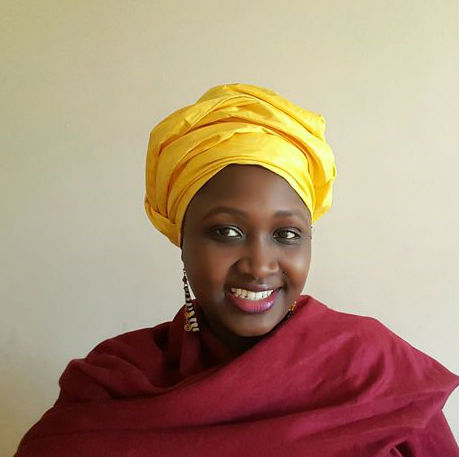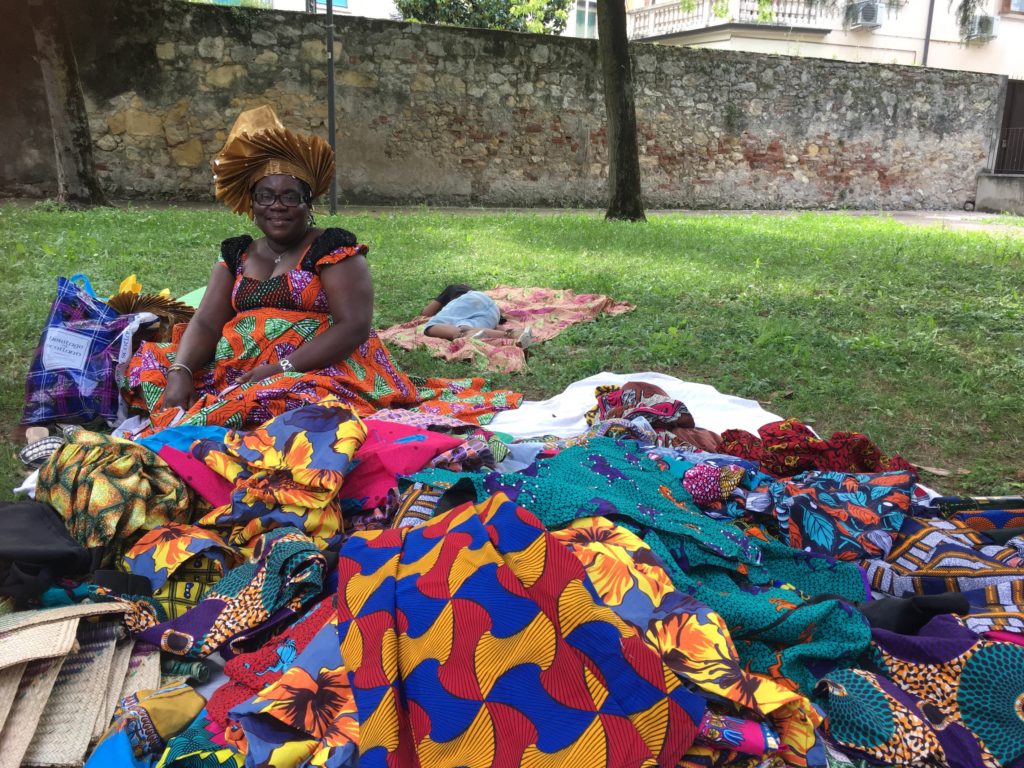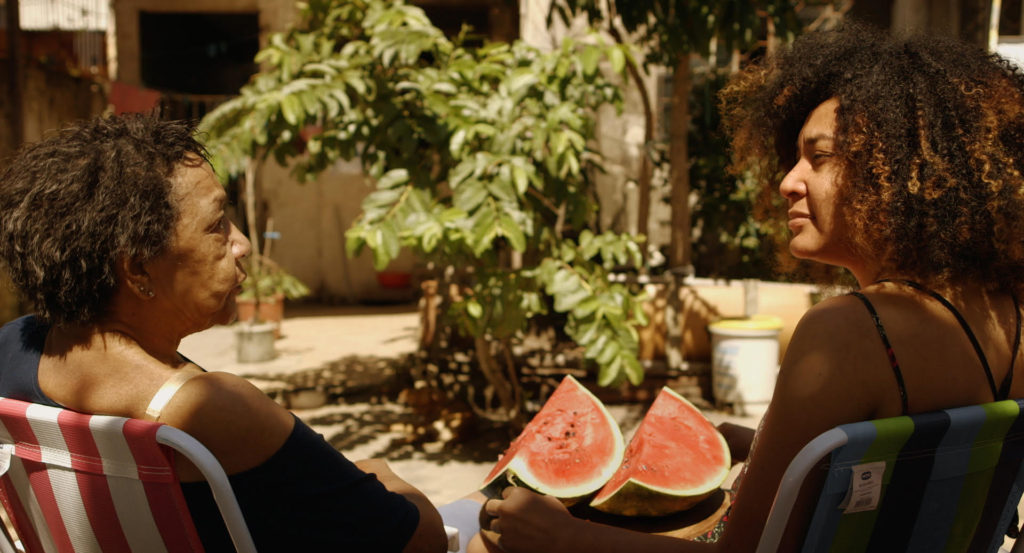As Ireland advances women’s rights, a hidden crisis emerges for single mother asylum seekers caught in a system that neglects their needs. Their struggles at the intersection of migration and gender-based violence expose deep flaws in the promise of refuge.
Written by Berta
Edited by Annamaria De Felice
In the quiet hours of an August morning, a group of mothers found themselves abruptly relocated from the City Ark Direct Provision Centre in Dublin to a rural area in Dundrum, Co. Tipperary.
They arrived at 4 a.m., bleary-eyed and apprehensive, at houses recently vacated by other refugees. Instead of the warm welcome they had hoped for, they were met with overcrowded spaces that felt dirty and unwelcoming. The move had come with no prior warning, leaving these mothers grappling with the harsh reality of their new environment.
To their shock, they soon learned that their new home was located in a site marked by the presence of protesters, creating an unsettling atmosphere that was thick with hostility and fear. They had entered a precarious situation, one that exposed them to a climate of tension that loomed over the community.
As they settled into their new surroundings, the lack of security measures became increasingly alarming. There were no gates or staff members to provide a sense of safety, leaving the mothers feeling exposed and anxious. This was especially concerning given the ongoing protests against the accommodation of asylum seekers in Ireland.
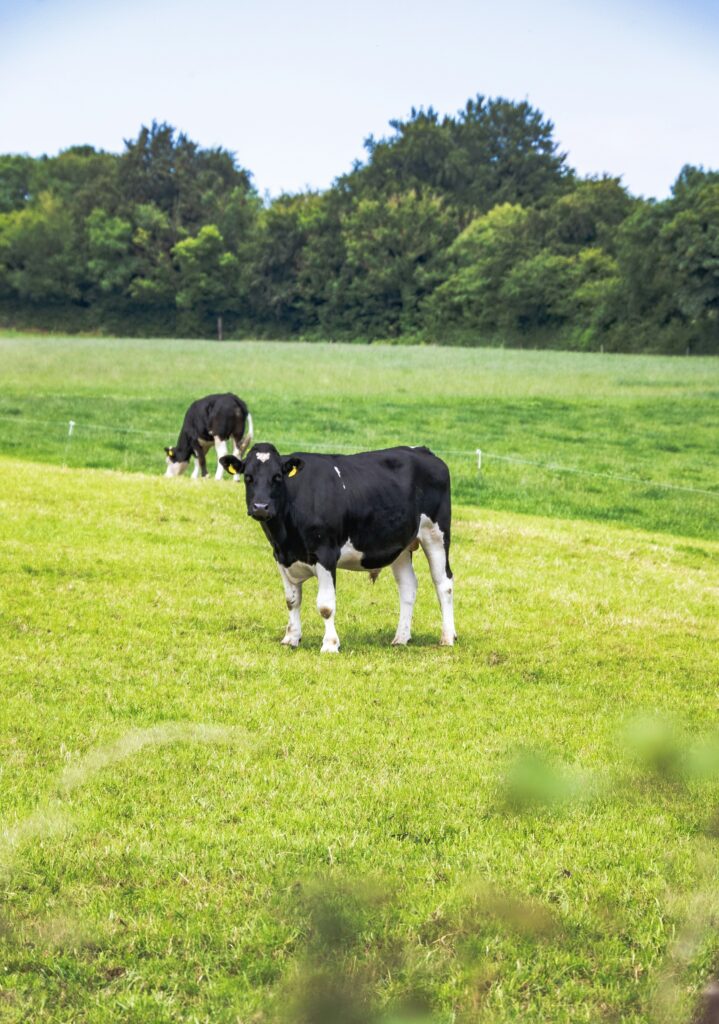
Each day, they faced not only the challenges of adjusting to their new lives but also the overarching uncertainty of their safety in a community that seemed to view them with suspicion. Amidst the turmoil, these mothers clung to their resilience, navigating the complexities of their circumstances in search of a place they could truly call home.
In a desperate bid to raise awareness, the group of women shared their experiences in a video detailing their stories and calling for compassion and understanding. The video shows no faces. It is only voices:
“We are emotionally drained and mentally exhausted. Some of the things and situations that are happening are triggering for us because we ran away from our countries of origin because of fear of persecution, and now we are subjected to it (…) Whatever we say is not taken seriously.”
Navigating fear and hostility
In a country striving for progress, the harsh reality faced by migrant women—especially single mothers seeking asylum—remains largely untold. These women find themselves trapped in a system that fails to recognise and uphold their rights; their experience is marked by compounding disadvantages, where challenges are intensified and voices are silenced. The overlooked intersection of immigration policies and GBV (gender-based violence) uncovers systemic flaws that foster harm instead of refuge. Do experiences of GBV follow these women, entwining their migration journeys from home to Ireland’s Direct Provision system?
While immigration dominates headlines, the realities faced by these women – many of whom are fleeing oppression in their countries of origin – are worsened by unclear policies and regulations that strip away their rights and freedoms, as shown by the latest statistics from the International Protection Office. Women and children are among the most vulnerable groups in regard to being subject to violence in Direct Provision, as well as to trauma and prolonged disadvantage.
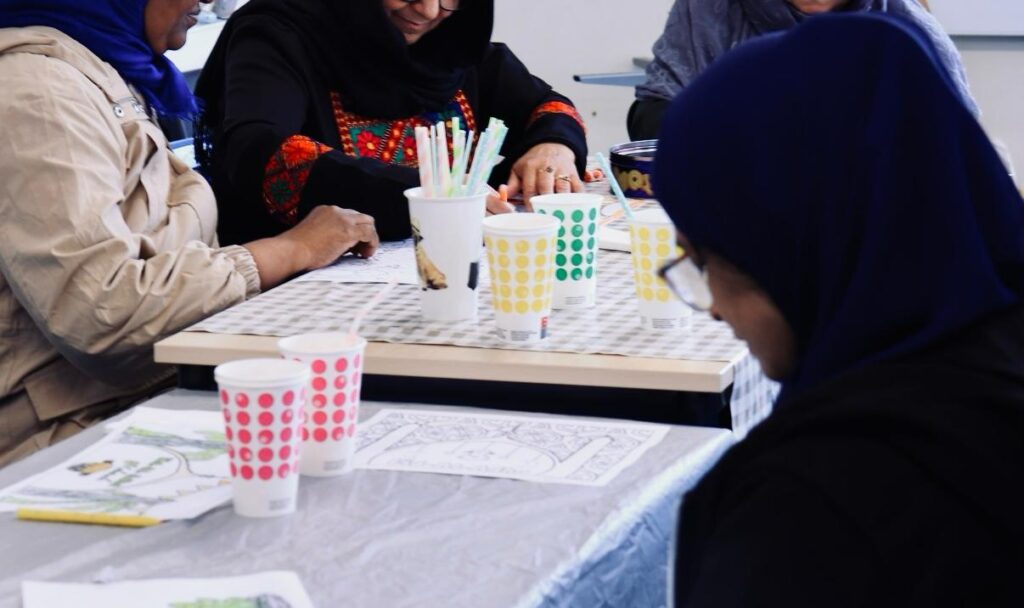
Direct Provision: promises of protection vs. the reality of discrimination
Direct Provision is the term used to describe the entitlements provided to individuals within the asylum system in Ireland, which includes accommodation, food, monetary allowances, and medical services while their asylum claims are pending. This system has faced extensive criticism over the years for being oppressive and dismissive of individuals’ rights, freedoms, and dignity. According to the Department of Justice, Direct Provision was initially intended to be replaced by a new system by 2024; however, this transition has yet to occur and has not been adequately addressed by the government.
Currently, around 30,000 people are believed to be living in Direct Provision, yet the specific experiences of women within this system have not been sufficiently highlighted. Additionally, recent reports underscore the challenges faced by single mothers in Direct Provision who have received refugee status in Ireland. These reports underline the complexities these women encounter, particularly as they navigate institutionalised gender-based violence and the impact of toxic masculinities.
“There is zero support for single moms living in Direct Provision, (…) they are subjected to fear by centre managers. They call Tusla (The Child and Family Agency) and Gardaí (Garda Síochána – The National Police Force) unnecessarily. Some women have lost their children over slight misunderstandings. (…) It leaves long term side effects which are likely to affect them throughout their lives.” Community Integration Officer
A flawed safety net
Many women navigating Ireland’s International Protection system find themselves in a harrowing situation: sharing accommodation with their abuser or leaving them while undocumented. As the Migrant Social Prescriber states,
“Women are sometimes traumatised by telling their story of GBV as a means to boost the credibility of their IP application, rather than benefiting from being heard by an empathetic professional in a therapeutic environment.”
Gender, race, and the status of being an asylum seeker or single mother are all intersecting layers of identity that exacerbate the harm faced by these women, highlighting the multidimensionality of their struggles. Alarmingly, despite statistics indicating that 25% of individuals in Direct Provision are children – many accompanied by single mothers – there are no provisions within the asylum system regulations tailored to meet their unique needs.
Relocation to inadequate living conditions and discrimination underscores the urgent need for reform. The current legal and support systems do not adequately address the specific needs of this community, as outlined in the Third National Strategy on Domestic, Sexual, and Gender-based Violence (DSGBV) 2022-2026. Until the system becomes less hostile toward single mothers awaiting asylum decisions, their voices will remain unheard, as many feel compelled to hide their identities to protect their cases. This was evident in my interaction with a woman who reacted negatively when I sought her non-traumatising input for this article.
“As I am still waiting for my IPO (International Protection Office) interview therefore I’m uncomfortable with voicing out my opinion regarding the chat. If I had my papers already I would definitely voice them out. Sorry my sister.”
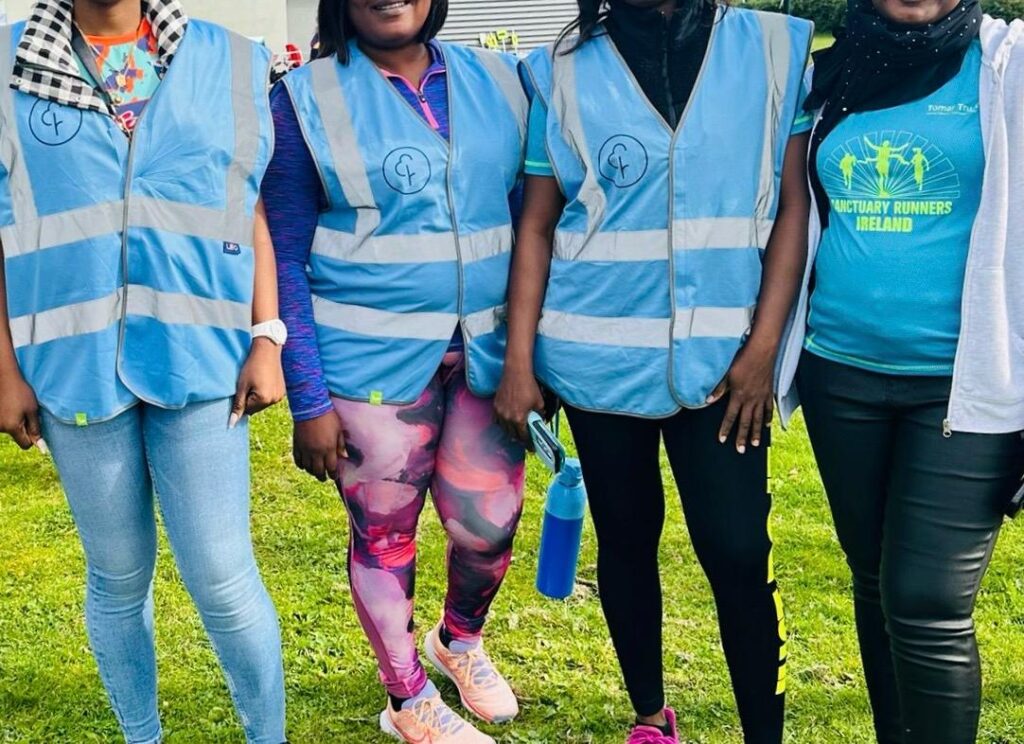
Women fleeing their countries of origin with their children are being held in conditions that are causing them harm, making Ireland’s approach to International Protection policies a continuation of the harm experienced by this segment of the population. To build a truly inclusive society, it is crucial that the emerging blanket of woven stories of single mothers in Direct Provision is no longer ignored.
As reported through this article, their experiences can reveal a complex tapestry of systemic failures and societal challenges that demand urgent attention. There is a pressing need for policies that eradicate the intentional harm currently perpetuated by Direct Provision, even before it is abolished.
These policies must counteract the anti-feminist discourses of the far-right, which scapegoat single mothers as a way of blaming them for the perceived structural shortcomings of the Irish government. The entrenched structural racism must be challenged, and a feminist approach that advocates for policies truly designed to protect and empower all women must be promoted. Only then can Ireland’s narrative of progress reflect the reality of layered hurdles faced by migrant women, ensuring that their experiences are valued and acknowledged.
“Racism is one of the biggest struggles faced by single mothers of African descent in Direct Provision. Not only from centre managers but also other fellow residents of other races. This means that on top of the challenges faced by all single women, there is another layer added to those of African Descent.” Community Integration Officer
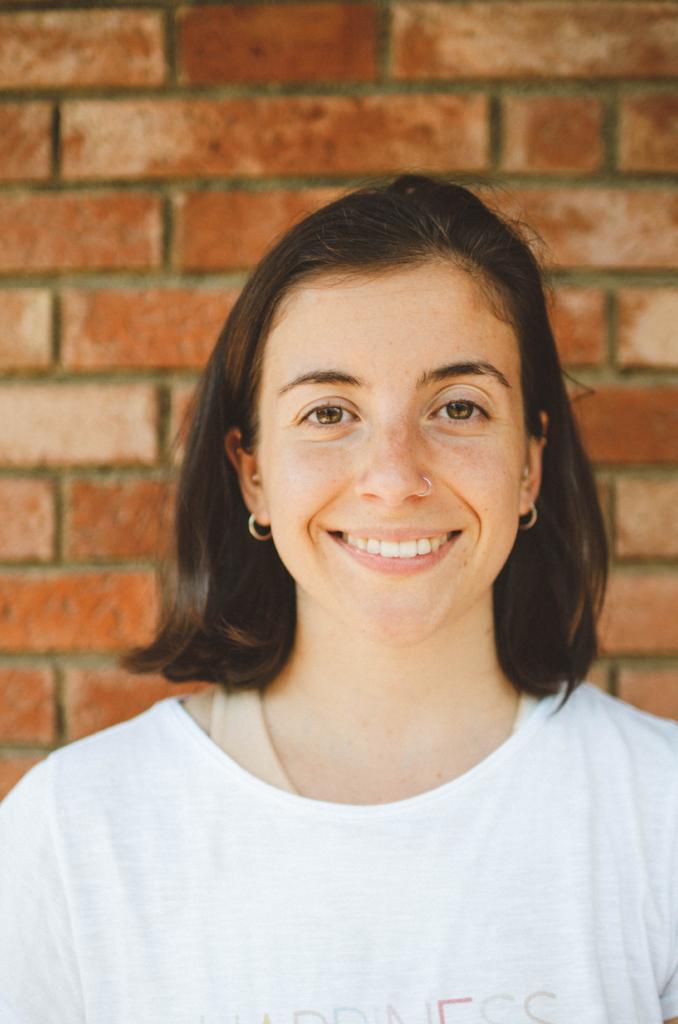
Berta has extensive experience in migrant integration and volunteering with migrant women in Ireland and Spain, giving her deep insights into their challenges. As a white woman advocating for African single mothers seeking asylum, she approaches her work with solidarity and awareness of her own limitations. Berta is dedicated to amplifying marginalised voices, addressing systemic discrimination, and advocating for justice within the International Protection system. She currently works in communications at the Irish Network Against Racism (INAR) and holds an MSc in Equality Studies focused on gender, conflict, and human rights.

